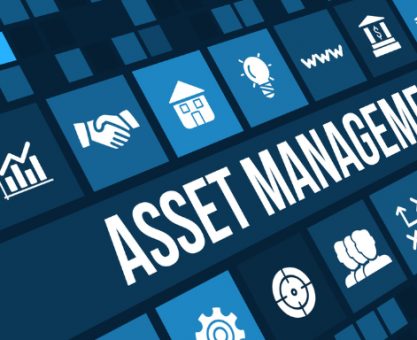Executive Summary
-
Discover the evolving landscape of digital estate planning and its importance in 2025.
-
Learn about key tools and technologies transforming digital asset management.
-
Understand the benefits and challenges associated with digital estate planning.
-
Explore actionable insights and expert tips to effectively manage digital assets.
-
Access resources and tools to simplify your digital estate planning process.
Introduction
In today’s digital age, managing one’s estate has taken on a new dimension. As more of our assets and lives move online, ensuring they are well-managed after we’re gone has become a pressing concern. Digital estate planning, once an afterthought, is now a vital component of comprehensive wealth management.
This article delves into the tools and technologies reshaping digital asset management in 2025, offering insights critical for investors, estate planners, and tech-savvy individuals alike.
Definitions / Context
Digital Estate Planning refers to the process of organizing and managing digital assets to ensure they are passed on to beneficiaries smoothly. This includes everything from social media accounts and digital currencies to online banking and cloud-stored documents. With the rapid digitization of personal and financial data, understanding digital estate planning is more important than ever.
Benefits / Pros
-
Comprehensive Asset Management: Centralizes control of digital assets, providing a clear overview of one’s entire digital footprint.
-
Future-Proofing: Anticipates technological advancements, ensuring that estate plans remain relevant and effective.
-
Security: Protects sensitive digital information from unauthorized access and cyber threats.
-
Efficiency: Streamlines the transfer of digital assets, reducing the time and complexity involved.
Risks / Cons / Challenges
-
Legal Ambiguities: Many jurisdictions lack clear laws regarding digital assets, creating potential legal challenges.
-
Rapid Technological Change: As technology evolves, so too does the need to update digital estate plans regularly.
-
Privacy Concerns: Balancing access to digital assets with the need to protect personal information can be tricky.
-
Technical Complexity: Requires a certain level of technical understanding to manage effectively.
Step-by-Step Process
How to Create a Digital Estate Plan
-
Inventory Your Digital Assets: List all digital accounts and assets, from emails to cryptocurrencies.
-
Choose a Digital Executor: Appoint a trusted individual to manage your digital estate.
-
Provide Access Instructions: Securely document login credentials and access keys.
-
Detail Your Wishes: Specify how each digital asset should be handled.
-
Update Regularly: Review and update your digital estate plan as technology and assets evolve.
Consider a tech entrepreneur with significant investments in cryptocurrencies and online businesses. By implementing a digital estate plan, they ensured that their digital investments were seamlessly transferred to their beneficiaries upon their passing, avoiding legal complications and asset loss.
— Real-Life Scenario of Digital Asset Transition
Expert Tips / Strategic Insights
-
Leverage Technology: Use password managers and encrypted storage to securely manage access information.
-
Stay Informed: Regularly update your knowledge of digital asset laws and best practices.
-
Consult Professionals: Work with estate planning attorneys specializing in digital assets to ensure compliance and security.
Tools / Resources / Calculators
-
Password Managers: Tools like LastPass or 1Password for secure storage of digital credentials.
-
Digital Estate Planning Services: Platforms such as Everplans or LegacyArmour offer tailored solutions.
-
Online Resources: Websites like Nolo offer guides and templates for digital estate planning.
Conclusion
Digital estate planning is no longer optional but essential for safeguarding your digital legacy. By understanding the tools and technologies available, you can ensure that your digital assets are managed efficiently and securely, providing peace of mind for you and your loved ones.
Don’t wait—start crafting your digital estate plan today.






















